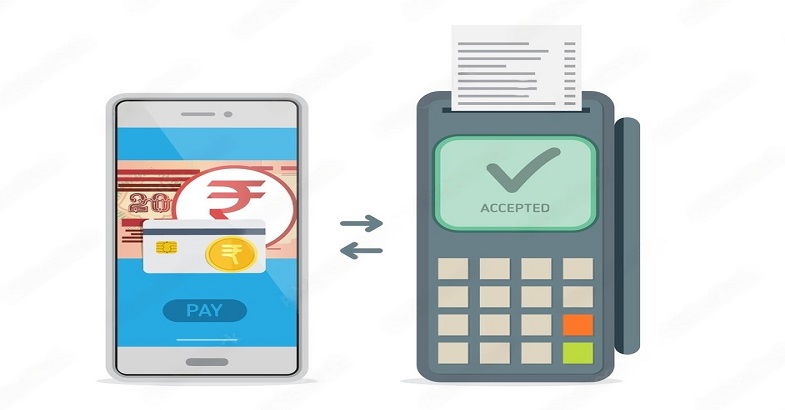
In today’s dynamic financial landscape, fintech is emerging as a key enabler of fair and flexible credit availability for the informal economy. Innovative tech and data-driven approaches have presented both possibilities and setbacks to the forefront. Where easy credit accessibility with fintech seems promising, concerns sit squarely over financial literacy. In this context, the convergence of Environmental, Social, and Governance (ESG) considerations with fintech’s capabilities presents a unique opportunity for enhanced inclusivity within the banking system.
Fintech: An enabler for the underserved
Fintech’s ascend to prominence has been carved by its ability to leverage data analytics to revolutionise financial services. As data-driven financial lending gains traction with more start-ups, unconventional avenues emerge to assess credit risk. A case in point is evaluating the use of consumption patterns and transaction histories, FinTech firms can gain insights into an applicant’s financial behaviour, thereby facilitating more accurate risk assessments.
In India, where the concept of credit history remains a comparatively novel concept and rural areas are underserved by traditional banks, fintech plays an even more instrumental role. The presence of predatory loan sharks further exacerbates the need for responsible and accessible credit options. Market penetration of fintech giants like Paytm and Phonepe is poised to bridge this gap and drive financial inclusion.
Innovating Credit Assessment: Extending from Rent Payments to Rural Economies
In the United States, for instance, fintech firms are experimenting with the use of unconventional data sources to assess credit risk. By analysing rental payment histories, these firms are thereby expanding credit access to individuals with limited credit histories. This inclusivity of folks left out by the traditional financial system provides an evident example of fintech’s transformative potential. The whitespace for innovation is henceforth compelling, with platforms like Paytm and Phone pe perfectly positioned and entrusted with the responsibility to recreate such success in the Indian context.
ESG Integration: A Fresh Paradigm for Regulatory Regime
The growing importance of ESG mandates is reshaping the way credit is evaluated. Regulatory guidelines, such as those set forth by the Reserve Bank of India (RBI), are obligating lenders to evaluate a loan’s impact on climate change and inclusion. This paradigm shift synergises with fintech’s data-rich landscape, positioning these companies at an advantageous intersection of tech and public policy.
India’s emerging open network for digital commerce (ONDC) is well-positioned for a revolution in the way mom-and-pop stores operate in India. By facilitating these stores with a more efficient and cost-effective way to reach customers and unbundling commerce, ONDC’s synergy with fintech giants can enable them to compete with larger retailers and thrive in the digital economy.
Beyond Risk Assessment: Fintech’s Expanded Onus
Fintech’s unique competitive edge extends above and beyond merely risk assessment. The extensive data repositories and intricate buyer-seller linkages recorded in fintech databases provide fertile ground for collaboration with governments on establishing supply chains. This potential holds the promise of not only bolstering financial services but also facilitating amplified societal impact. Data Protection Bill in the being might also bring a new tangency to this dynamic.
In the realm of small and medium-sized enterprises (SMEs), similar to the credit card debt trap emerges as a potential concern to the economic stability. This is particularly pronounced in light of the prevailing apprehensions concerning the impending spectre of recessionary trends.
Phone pe’s foray into insurance serves as an excellent case in point. This move showcases the potential for fintech to transcend traditional boundaries and extend its reach into sectors that directly impact ESG considerations, thus fortifying its position as a driver of positive impact.
Way Forward: Forging a Path
The complementary cooperation between fintech and ESG presents an unprecedented opportunity to refigure credit inclusivity. As fintech companies harness their data-driven capabilities to assess risk, they must also proactively address financial literacy concerns. By bridging this gap and fostering ESG-aligned collaborations, fintech can catalyse a new era of financial empowerment for our informal economy, fueling both economic growth and societal progress. The road ahead is tricky, however with the right strategies and a commitment to responsible innovation, fintech can lead the way towards a more inclusive and sustainable financial landscape.
About the author:

Simran is a student of PGP Co’24 at the Indian School of Business. Prior to joining ISB, Simran was an Analyst at McKinsey & Company driving portfolio growth strategies for clients across industries. An Economics major, she interned with Nestle and Bharti Airtel and researched with the Department of Management Studies at IIT Delhi.
DISCLAIMER : The views expressed in this blog/article are author’s personal.

